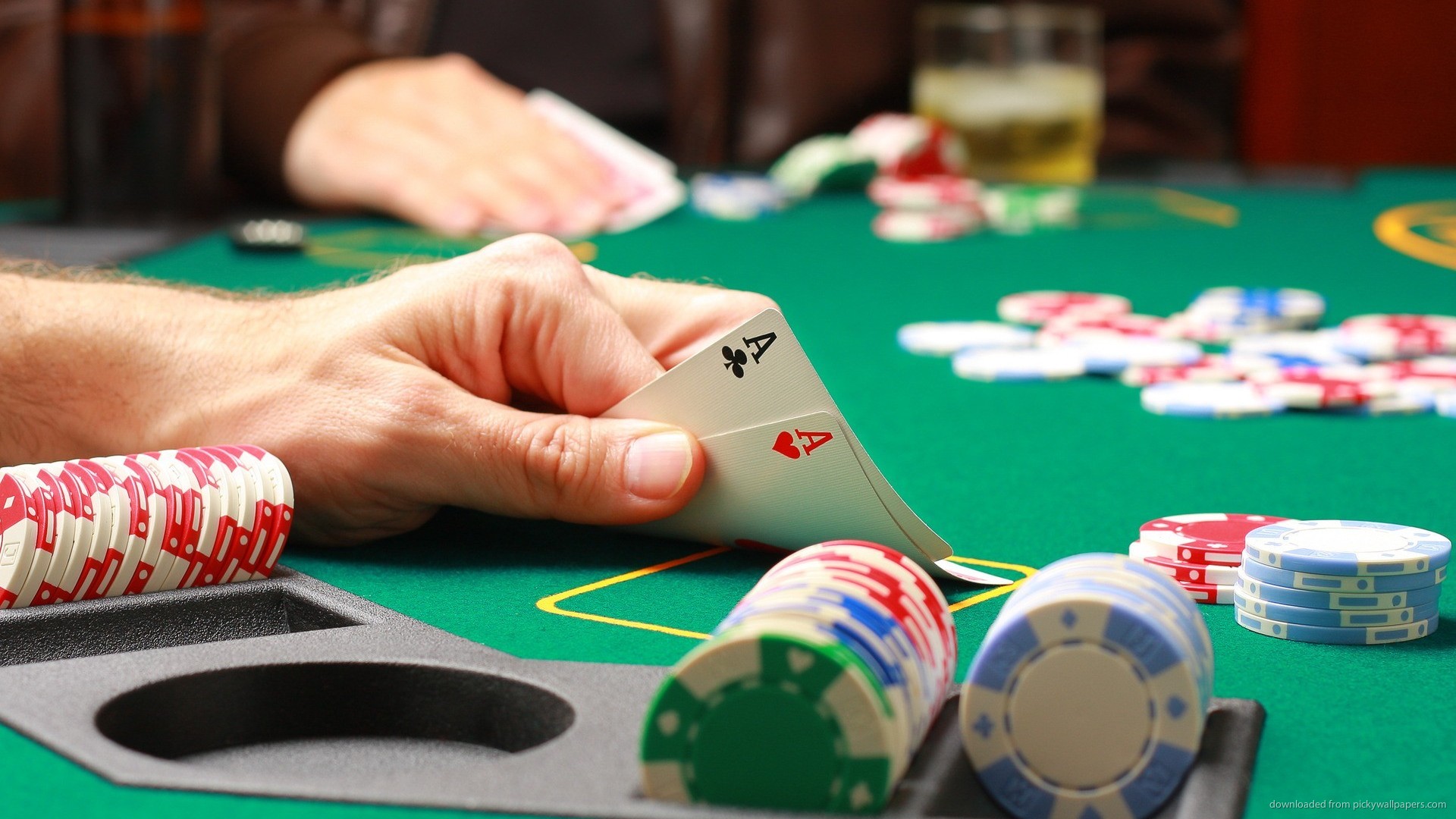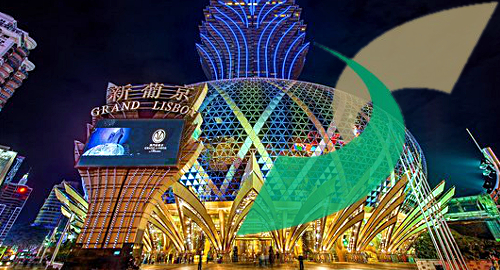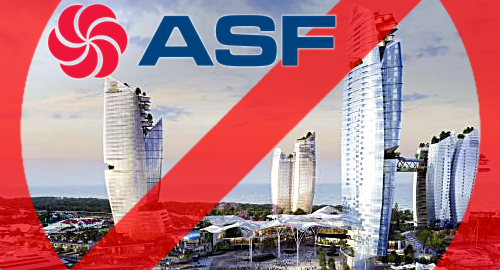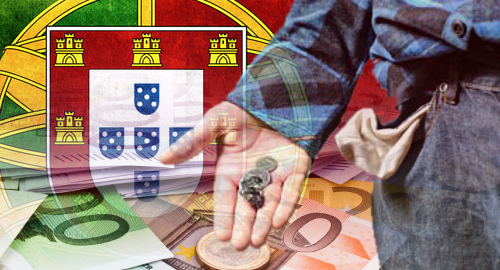King’s Casino owner, Leon Tsoukernik, has increased the guarantee for the €10,350 World Series of Poker Europe Main Event from €4m to €5m with €1m guaranteed for the winner.
It’s mind boggling that 250,000 poker players sat down and played in a town of only 500 residents. That’s exactly what happened last year in the tiny town of Rozvadov, Czech Republic.
It’s the home of King’s Casino; fast becoming one of the most sought after venues in Europe, thanks to partnerships with some of the biggest names in poker, and they don’t come much bigger than the World Series of Poker (WSOP).
The coupling entered into a long term partnership that will see the casino become the home of the World Series of Poker Europe (WSOPE) festival for the foreseeable future, and this week, the casino owner Leon Tsoukernik had some good news for prospective players.







